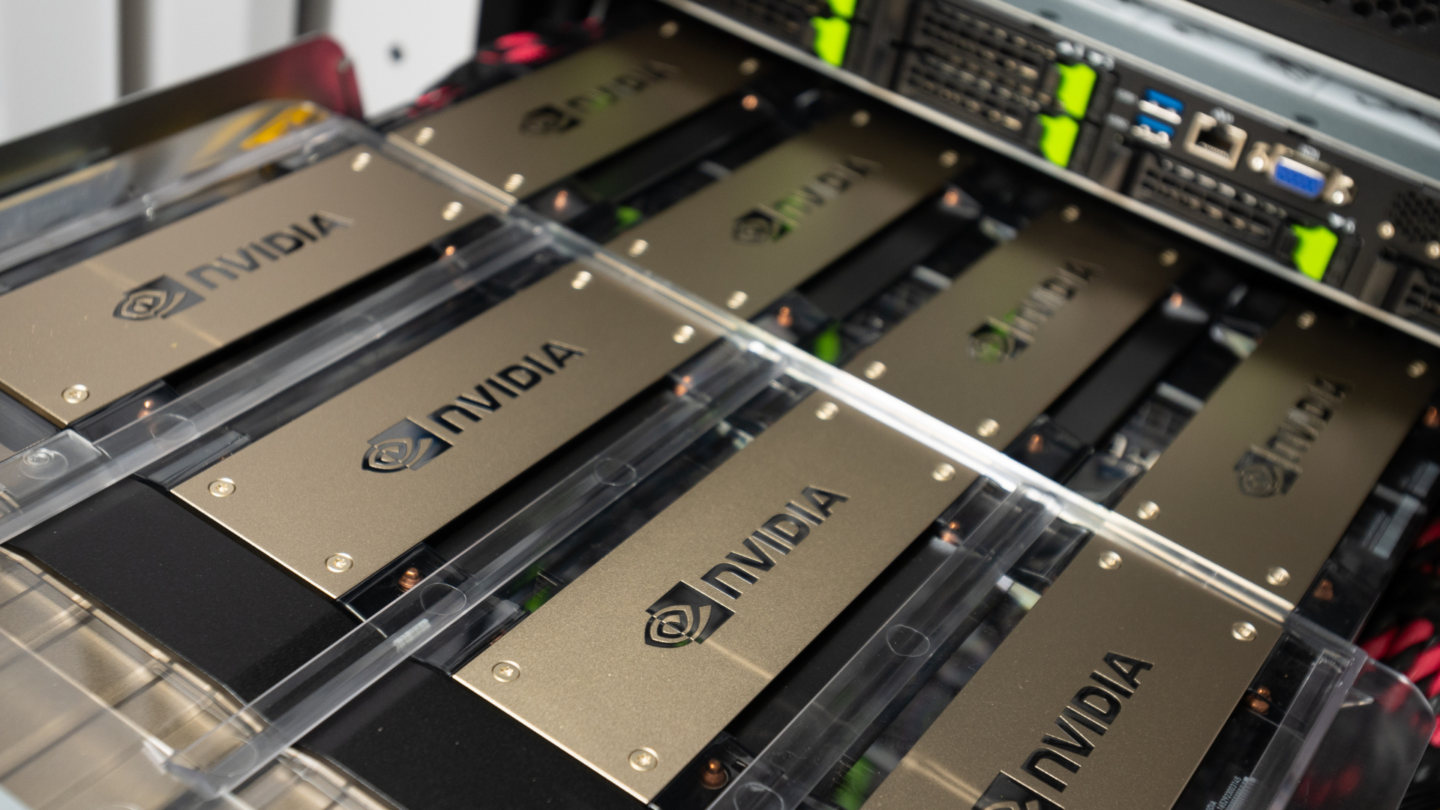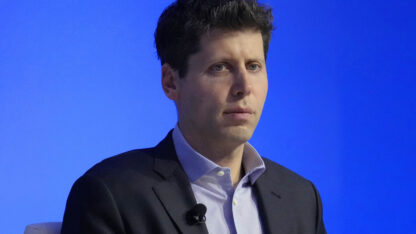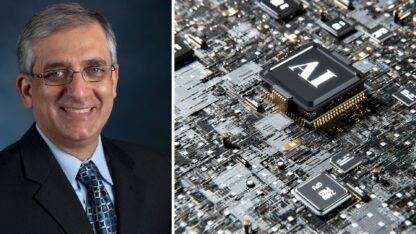Georgia Tech and NVIDIA forge partnership to empower students with new AI Makerspace

The Georgia Institute of Technology and computer hardware manufacturer NVIDIA are joining forces to provide undergraduate students with access to an AI supercomputer. Georgia Tech officials unveiled its new AI Makerspace, which the school says is the first of its kind in the nation, loaded with 3D printers and a sea of servers.
NVIDIA’s graphics processing units (GPU) have been used in artificial intelligence programs crafted by notable companies like OpenAI, Alphabet and Meta.
Students can use the AI Makerspace to complete projects related to robotics and supply chain management. NVIDIA will support and train faculty and students through workshops, certifications and teaching kits.
Shanmathi Selvamurugan is a sophomore at Georgia Tech majoring in computer engineering.
“As someone who’s very interested in machine learning and artificial intelligence, it is very important for me to apply those skills and to contribute to projects that will advance technology in the real world,” said Selvamurugan.
The supercomputer runs on 160 of NVIDIA’s H100 GPUs. According to Arijit Raychowdhury, a professor at Georgia Tech who will lead the partnership, one of these units would take about one second to solve a multiplication function that would take 50,000 students 22 years.
“To give students an understanding of how AI actually works in a real-life system, we need to have the computational capacity and resources so that the students have hands-on experience in AI,” said Raychowdhury.
According to a press release, Atlanta Mayor Andre Dickens sees this as an opportunity to prepare for the future of AI.
“Partnerships with industry leaders such as NVIDIA propel our students and workforce toward tomorrow, further enhancing Atlanta’s status as an innovation hub,” said Dickens.
This first phase is only open to students, but officials hope to open the space to more community members by next year.
“The long run plan is for us to be able to have not only an impact on all our Georgia Tech students but [also] on the entire community, including in our middle school students and high school students,” said Raychowdhury.








